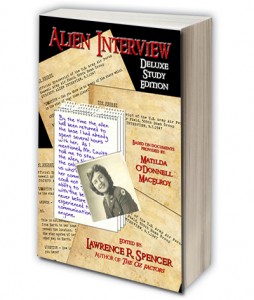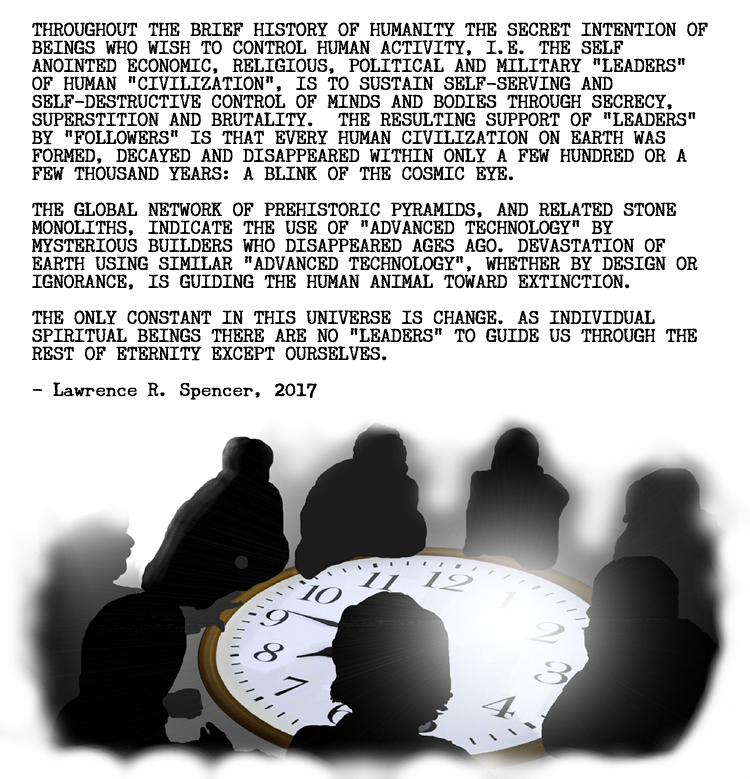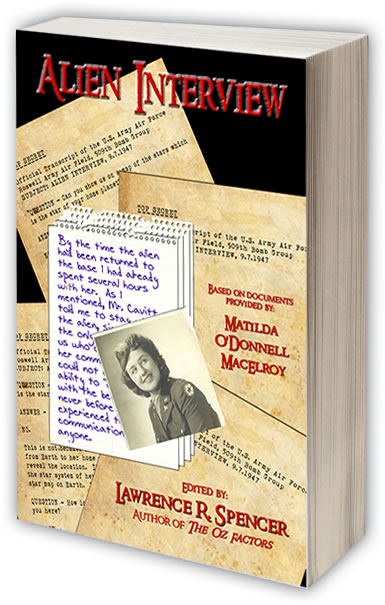Republished by Blog Post Promoter
 “These types of artificially created incidents are being forced upon the human race by the operators of the mind-control prison system. The prison guards will always promote and support oppressive or totalitarian activities of *IS-BEs on Earth. Why not keep the inmates fighting between themselves? Why not empower madmen to run the governments of Earth? The men who run the criminal governments of Earth mirror the commands given them by covert thought-controllers of the “Old Empire”.
“These types of artificially created incidents are being forced upon the human race by the operators of the mind-control prison system. The prison guards will always promote and support oppressive or totalitarian activities of *IS-BEs on Earth. Why not keep the inmates fighting between themselves? Why not empower madmen to run the governments of Earth? The men who run the criminal governments of Earth mirror the commands given them by covert thought-controllers of the “Old Empire”.
The human race will continue to shadow box with this for a long time — as long as it remains the human race. Until then, the IS-BEs on Earth will continue to live a series of consecutive lives, over and over and over. The same IS-BEs who lived during the rise and fall of civilizations in India, China, Mesepotamia, Greece, and Rome are inhabiting bodies in the present time in America, France, Russia, Africa, and around the world.
 In between each lifetime an IS-BE is sent back again, to begin all over, as though the new life was the only life they had ever lived. They begin anew in pain, in misery, and mystery.
In between each lifetime an IS-BE is sent back again, to begin all over, as though the new life was the only life they had ever lived. They begin anew in pain, in misery, and mystery.
Some IS-BEs have been transported to Earth more recently than others. Some IS-BEs have been on Earth only a few hundred years, so they have no personal experiences with the earlier civilizations of Earth. They have no experiences of having lived on Earth, so could not remember a previous existence here, even if their memory was restored. They might, however, remember lives they lived elsewhere on other planets and in other times.
Others have been here since the first days of Lemuria. In any case, the IS-BEs of Earth are here forever, until they can break the amnesia cycle, conquer the electronic traps set up by their captors and free themselves.”
*Is-Be = Immortal Spiritual Being
~ excerpt from Alien Interview, the 1947 US military transcripts provided, with notations, by Matilda MacElroy, edited by Lawrence R. Spencer




